Job hunting with a disability: tips for success
Job hunting with a disability: tips for success
6 tips on how to find work with a disability
1. Look after yourself
First and foremost, you need to look after yourself! While that’s easier said than done, it’s important to make it a priority. There are a few different ingredients in the recipe for looking after yourself, including:
- Mental health: Practise mindfulness and gratitude regularly and keep the expectations you have for yourself in check. This will help keep you grounded, clear and less stressed.
- Emotional and social health: Gather a cheer squad of family, friends and other supports to stay connected and keep yourself in the right head space.
- Physical health: Even on the days you don’t feel up to it, try to eat well, drink plenty of water and move your body in some way – it could be just a short walk or some gentle stretching.
- Sleep: Keep up a good routine including reducing screen time and caffeine intake before bed and taking the time to unwind. These will help switch off at the end of the day.
- Ask for support: Our employment consultants are here to help you stay well throughout your job search. We can connect you with the right medical practitioners, support groups and specialists so that you can feel your best whilst looking for work.
2. Do your homework
If there are organisations that you think you might like to work for, then learn a bit more about them before applying. A simple google search or checking out the company’s social media profiles is a great way to do this. It’s also a chance to check out a company’s reputation as an employer and if they have a proactive and inclusive approach to welcoming people with disability to their workforce. CoAct and our Service Partners work with you to piece together your skills, interests and values, then help you to find local jobs and employers that are the best match for you. We know your local community, so can connect you to the right people.
3. Nail your cover letter
As time consuming as it is, cover letters should always be tailored for each job application. You’ll want to keep it brief (three paragraphs is ideal). Show your personality and summarise why you’re the best person for the job. If you do decide to include the topic of your disability (we can help you navigate that whole topic), use real-life examples or your previous work experience to show how you successfully address any challenges. When you register with us, you’ll have access to our expert resources to help you make the most of your job applications, and our friendly staff are always on hand to help you. You can also check out our cover letter tips here.
4. Know your rights
What employers should and shouldn’t ask you
If you’re a person living with disability, you may be keen to know where you stand with what you can and can’t be asked by potential employers. Questions asked at any stage of the interview process should relate directly to the job and its requirements. If your disability, illness or injury doesn’t affect your ability to do the job safely, you’re not legally obliged to talk to your employer about it. You can find out more by reading 5 questions your interviewer shouldn’t ask if you have a disability, illness or injury.
Workplace adjustments
It’s a legal requirement for employers to make any necessary adjustments to the workplace to accommodate your disability. If you’d like to understand more on your workplace rights or prepare for navigating any tricky situations, chat to your employment consultant. We’ll also talk to your potential employer throughout the interview stage and ensure they make any reasonable adjustments you need for the job interview.
5. Bring in the experts
A big factor in job search success is having the right support network. Employment service providers like CoAct can be a great asset in your search for work. Whether it’s upskilling, training, preparing your resume, boosting your interview skills or connecting you to community services for the tailored support you need, we can help. Having helped over 10,000 people get back into work through Disability Employment Services alone, we know disability, the local job market, and are connected to local employers.
6. Keep up the confidence
Finally, as cliched as it sounds, remember to believe in yourself and don’t give up. Job rejections can be a huge confidence killer, but they happen to everyone. Having your cheer squad there to lean on (including us!) will help boost your confidence through the tough times.
Register for our Disability Employment Services
We can help you to stand out from the crowd with tailored support for your job search. Register as a job seeker with CoAct today.
Post categories
- Employers (20)
- Job seeker tips (172)
- News (56)
- Real stories (144)
- Referral partners (1)







